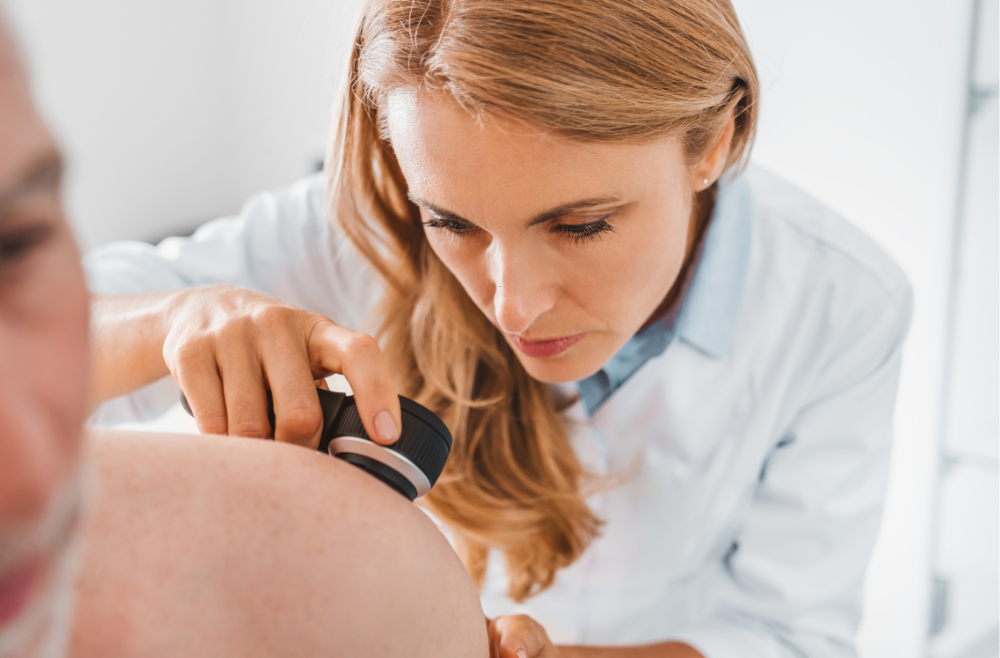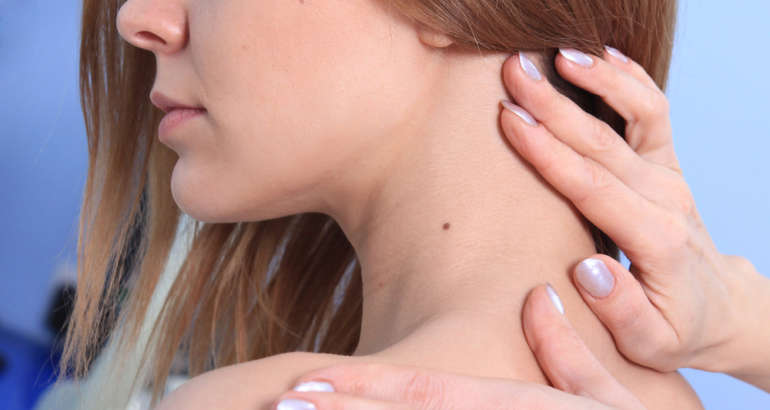Skin cancer is one of the most common types of cancer, but here’s the good news: early detection can save lives. That’s why regular skin cancer appointments and screenings in Sandy Springs, Georgia, are so essential.
This guide will walk you through everything you need to know about skin cancer appointments, screenings, and ways to reduce your risk.
What Is a Skin Cancer Appointment?
A skin cancer appointment is a visit with a dermatologist or other skin care specialist focused on assessing your skin for any abnormalities or signs of skin cancer.
During the appointment, your doctor will conduct a thorough skin examination, looking for unusual moles, lesions, or other irregularities.
You’ll also discuss your personal and family medical history, as both play a significant role in assessing your risk for skin cancer.
Benefits of Skin Cancer Appointments:
- Early Detection: Identifying skin cancer in its early stages increases the chances of successful treatment.
- Professional Guidance: Dermatologists provide personalized advice on sun safety, skin care products, and the frequency of future screenings.
- Peace of Mind: These appointments are an opportunity to address any concerns, ensuring you stay informed and vigilant about your skin’s health.
For those at higher risk, such as individuals with fair skin, a history of sunburns, or a family history of skin cancer, regular appointments may be even more critical.
What Is a Skin Cancer Screening?
A skin cancer screening is a closer, more focused procedure that aims to identify potential skin cancers before they become advanced. Think of it as a check-up specifically for your skin’s health. It’s quick, painless, and potentially life-saving.
What Happens During Skin Cancer Appointments and Screenings in Sandy Springs, Georgia?
If this is your first screening, you may feel unsure about what to expect. Here’s a step-by-step breakdown of what happens during skin cancer appointments and screenings in Sandy Springs, Georgia:
1. Medical History Review: Your doctor will ask about skin changes you’ve noticed, any symptoms like itching or bleeding, and your exposure to sun and UV rays.
2. Full-Body Examination: Wearing a gown, your dermatologist will closely examine your skin, including hidden areas like the scalp, nails, and soles of your feet.
3. Photos and Notes: Your dermatologist may take photos of certain moles or lesions to monitor changes over time.
4. Biopsy (If Necessary): If any mole or spot looks concerning, your doctor may perform a quick and simple biopsy for further testing.
The entire process usually takes just 10-20 minutes, yet it can make all the difference.
Decreasing Your Risk of Skin Cancer
Preventing skin cancer starts with awareness and smart skin care habits. Here are three vital steps you can take to protect yourself:
1. Self-Screen at Home
Performing regular at-home skin checks allows you to monitor changes between professional screenings. Follow the ABCDEs of melanoma to evaluate your moles:
- Asymmetry – One half of the mole doesn’t match the other.
- Border – The edges are irregular or blurry.
- Color – Varies in shades of brown, black, or other colors.
- Diameter – Larger than a pencil eraser.
- Evolving – Changes in size, shape, or color over time.
If you notice anything unusual, don’t wait—schedule an appointment.
2. Practice Sun Safety
- Wear sunscreen with at least SPF 30 daily, even when it’s cloudy.
- Avoid tanning beds and seek shade during peak sun hours (10 AM – 4 PM).
- Cover up with protective clothing, wide-brimmed hats, and UV-blocking sunglasses.
3. Regular Dermatology Visits
For those at higher risk—such as individuals with a history of extensive sun exposure or previous skin cancer—skin exams every six months may be recommended.
Schedule Skin Cancer Appointments and Screenings Near Sandy Springs, GA, Today!
Ready to take the next step? If so, please call our office to schedule a screening with our double board-certified dermatologist and Mohs surgeon, Dr. Johnathan Chappell.



